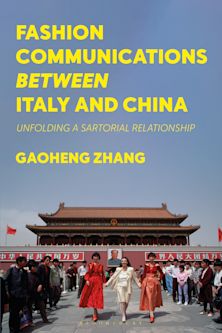Description
Tenkin, or corporate transfers in the Japanese contexts, is a mandated practice. Workers have little discretion. If workers are dual-career couples with small children, how do they manage it? Tenkin and Career Management in a Changing Japan answers this question through qualitative interviews with human resource department managers in large firms and married, white-collar workers, and participant observation in social events. The research uncovered that the culturally normative, gendered nature of tenkin is produced and reproduced by Japanese firms’ capitalists’ logic and gendered family assumptions, while some firms attempted to advance diversification and inclusion, and the dual-career couples are also becoming the actors of tenkin through negotiation. The author discusses these dual-career couples’ agency (Ortner 2006) and argues that for structural change to happen in Japan, the essential concept of care should count in the discussion of career management for all workers.
Table of Contents
Introduction: Tenkin as the Subject
Chapter 1: The Practice Taken for Granted
Chapter 2: Development and Changes in the Practice?
Chapter 3: Young Workers and Salariiman
Chapter 4: Dual-career Couples Living Apart
Chapter 5: Dual-career Couples Collaborating
Conclusion: Career Management in Contemporary Japan
Appendix A: The Firms Interviewed by the Author
Appendix B: The Individuals Interviewed by the Author
Bibliography
About the Author
Product details
| Published | 16 Sep 2024 |
|---|---|
| Format | Ebook (Epub & Mobi) |
| Edition | 1st |
| Extent | 172 |
| ISBN | 9781793604385 |
| Imprint | Lexington Books |
| Illustrations | 4 Tables |
| Publisher | Bloomsbury Publishing |
Reviews

ONLINE RESOURCES
Bloomsbury Collections
This book is available on Bloomsbury Collections where your library has access.


































